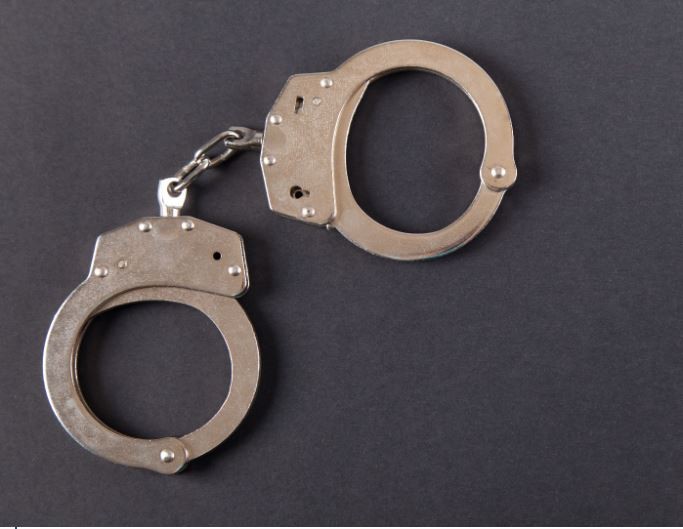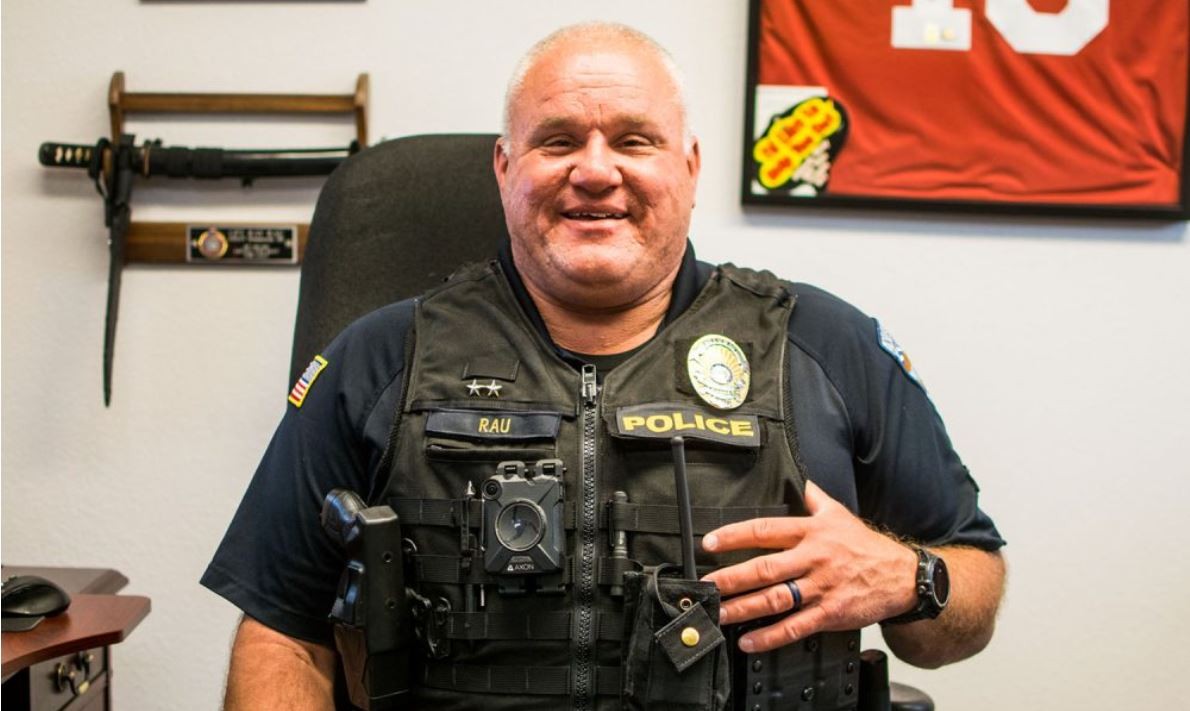Bigger DNA crime database urged
TIMES UNION, timesunion.com, Hearst Communications Inc.
BYLINE: CAROL DEMARE Staff Writer
Link to Article
Albany, NY
ALBANY -- A criminal justice official said Thursday he is urging state prosecutors to require defendants pleading guilty to misdemeanors to submit DNA samples as a way to expand the state's database.
Acting Commissioner Sean M. Byrne of the state Division of Criminal Justice Services sent a letter this week to New York's 62 district attorneys after state lawmakers did not act on legislation submitted by Gov. David Paterson to require a DNA specimen from everyone convicted of a felony or misdemeanor under state law.
"DNA is an exceptionally powerful law enforcement tool that can contribute to convicting the guilty, exonerating the wrongly convicted ... and breathe new life into cases whose trail went cold years, if not decades, ago," Byrne said in a teleconference call.
Byrne rattled off a slew of statistics to support his position that expansion of the database would help law enforcement.
"Crime statistics show the average offender has 11 arrests and five convictions before he or she is convicted of a DNA-qualifying arrest," he said. "In New York state, we currently collect a DNA sample on 46 percent of all people convicted. The other 54 percent evade having a DNA sample taken."
Last year, 42,942 violent offenders were charged statewide; 7,554 of them had at least one conviction that was not DNA-eligible, the acting commissioner said.
Under current law, virtually all felony convictions require DNA samples, but only 35 misdemeanors do. Those were added in 2006. About 100 felonies that fall in the category of "attempted" do not require DNA.
Since then, using misdemeanor petit larceny arrests as an example, Byrne said, "We've made 685 hits against the DNA database and out of that 685 hits for petit larceny convictions, 36 linked the defendants to homicides, 284 to burglaries and 175 to sexual assaults."
He said two other misdemeanors on that list -- criminal sale of a controlled substance and trespass -- yielded similar results.
Not on the list of 35 misdemeanors are aggravated harassment, unlawful dealing with a child and single counts of arson, Byrne said.
At last month's summer conference of the New York State District Attorneys Association in Lake George, Byrne told prosecutors, "We would like you to please get a defendant to sign an agreement authorizing a DNA collection as part of that offender's plea bargain to a misdemeanor crime."
At least three local DAs favor the proposal, which would require a policy in their office: If the defendant refuses to give a DNA sample, the plea bargain agreement would be void, and the caset would go to trial.
"All felony and misdemeanor crimes are fingerprint-eligible today," Albany County DA David Soares said. "DNA is the fingerprint of the 21st century."
He pointed out a common misconception that the DNA collected would allow identification of certain medical conditions or traits. "This is not true," he said.
"Our experience ... has convinced me that criminals are seldom specialists," Schenectady County DA Robert Carney said. "Securing DNA samples from nonviolent offenders may solve violent crimes'' and prevent new ones, he said, adding his office will implement the recommendations.
Until state lawmakers act, DAs have no choice but to obtain DNA from all those convicted, said Saratoga County DA James Murphy. "As a district attorney, I hold offenders accountable but must also do what I can to prevent crimes from occurring in the first place."
DNA kits cost $5 and the processing runs about $30, costs the state would pick up, he said.
John Caher, DCJS spokesman, said a bill that would require DNA samples upon conviction of any penal law crime has not passed either the state Assembly or Senate.
Of the competing bills in the Legislature, "most of them are incumbered with poison pills that render them dead on arrival," Caher said. Since there appears to be what he called extremely widespread support to expand DNA to include all crimes, Caher said, "They link (the bills) to controversial items in the criminal justice field in hopes that those items will float through on the coattails of the DNA expansion."
The database began operating in the mid-1990s. Since then, governors have advanced expanding the bank to include more crimes.
Byrne said State Police officials, state sheriffs and state chiefs of police all embrace expanding DNA sampling.
Carol DeMare can be reached at 454-5431 or by e-mail at .
- - - - - - - - - - - - - - - - - - - - - - - - - - - - - - -
International Association for Property and Evidence
"Law Enforcement Serving the Needs of Law Enforcement"
www.IAPE.org
BYLINE: CAROL DEMARE Staff Writer
Link to Article
Albany, NY
ALBANY -- A criminal justice official said Thursday he is urging state prosecutors to require defendants pleading guilty to misdemeanors to submit DNA samples as a way to expand the state's database.
Acting Commissioner Sean M. Byrne of the state Division of Criminal Justice Services sent a letter this week to New York's 62 district attorneys after state lawmakers did not act on legislation submitted by Gov. David Paterson to require a DNA specimen from everyone convicted of a felony or misdemeanor under state law.
"DNA is an exceptionally powerful law enforcement tool that can contribute to convicting the guilty, exonerating the wrongly convicted ... and breathe new life into cases whose trail went cold years, if not decades, ago," Byrne said in a teleconference call.
Byrne rattled off a slew of statistics to support his position that expansion of the database would help law enforcement.
"Crime statistics show the average offender has 11 arrests and five convictions before he or she is convicted of a DNA-qualifying arrest," he said. "In New York state, we currently collect a DNA sample on 46 percent of all people convicted. The other 54 percent evade having a DNA sample taken."
Last year, 42,942 violent offenders were charged statewide; 7,554 of them had at least one conviction that was not DNA-eligible, the acting commissioner said.
Under current law, virtually all felony convictions require DNA samples, but only 35 misdemeanors do. Those were added in 2006. About 100 felonies that fall in the category of "attempted" do not require DNA.
Since then, using misdemeanor petit larceny arrests as an example, Byrne said, "We've made 685 hits against the DNA database and out of that 685 hits for petit larceny convictions, 36 linked the defendants to homicides, 284 to burglaries and 175 to sexual assaults."
He said two other misdemeanors on that list -- criminal sale of a controlled substance and trespass -- yielded similar results.
Not on the list of 35 misdemeanors are aggravated harassment, unlawful dealing with a child and single counts of arson, Byrne said.
At last month's summer conference of the New York State District Attorneys Association in Lake George, Byrne told prosecutors, "We would like you to please get a defendant to sign an agreement authorizing a DNA collection as part of that offender's plea bargain to a misdemeanor crime."
At least three local DAs favor the proposal, which would require a policy in their office: If the defendant refuses to give a DNA sample, the plea bargain agreement would be void, and the caset would go to trial.
"All felony and misdemeanor crimes are fingerprint-eligible today," Albany County DA David Soares said. "DNA is the fingerprint of the 21st century."
He pointed out a common misconception that the DNA collected would allow identification of certain medical conditions or traits. "This is not true," he said.
"Our experience ... has convinced me that criminals are seldom specialists," Schenectady County DA Robert Carney said. "Securing DNA samples from nonviolent offenders may solve violent crimes'' and prevent new ones, he said, adding his office will implement the recommendations.
Until state lawmakers act, DAs have no choice but to obtain DNA from all those convicted, said Saratoga County DA James Murphy. "As a district attorney, I hold offenders accountable but must also do what I can to prevent crimes from occurring in the first place."
DNA kits cost $5 and the processing runs about $30, costs the state would pick up, he said.
John Caher, DCJS spokesman, said a bill that would require DNA samples upon conviction of any penal law crime has not passed either the state Assembly or Senate.
Of the competing bills in the Legislature, "most of them are incumbered with poison pills that render them dead on arrival," Caher said. Since there appears to be what he called extremely widespread support to expand DNA to include all crimes, Caher said, "They link (the bills) to controversial items in the criminal justice field in hopes that those items will float through on the coattails of the DNA expansion."
The database began operating in the mid-1990s. Since then, governors have advanced expanding the bank to include more crimes.
Byrne said State Police officials, state sheriffs and state chiefs of police all embrace expanding DNA sampling.
Carol DeMare can be reached at 454-5431 or by e-mail at .
- - - - - - - - - - - - - - - - - - - - - - - - - - - - - - -
International Association for Property and Evidence
"Law Enforcement Serving the Needs of Law Enforcement"
www.IAPE.org


